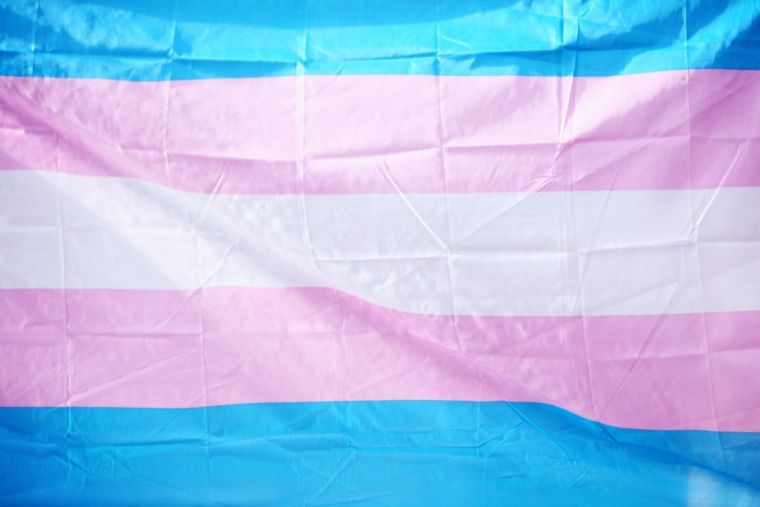Transgenderism should not become a 'no-go area for public debate', says Scottish Church leader

Changes to Scotland's hate crime laws must include protections for "robust disagreement" on the issue of transgenderism, an evangelical leader has said.
Andy Hunter, head of the Fellowship of Independent Evangelical Churches (FIEC) in Scotland, said that people should have the "freedom to publicly discuss and criticise religious beliefs, sexual orientations and transgender policies (including protecting the belief in the immutability of biological sex)".
His comments were made in a submission to the Justice Committee, which is fielding responses from the public on the Scottish Government's controversial Hate Crime and Public Order (Scotland) Bill.
If passed, the Bill will make "stirring up hatred" an offence, a move that has been strongly criticised by a wide range of groups, including Churches and Christian organisations, lawyers, the BBC, actors, comedians and the police.
Justice secretary Humza Yousaf has said that "criticism, including very robust criticism, is in itself not a matter for prosecution under this Bill" but his assurances have failed to quell concerns over the wording, which critics say is vague and may result in traditional views on transgenderism falling foul of the law.
Hunter said the Bill was "unnecessary" and "threatens much more than it protects", as he called "robust and detailed freedom of speech protections" for all groups "without favouritism".
Calling the Bill's current free speech protections "inconsistent", he questioned why it contained detailed provisions for criticism of religion but not for sexuality or gender fluidity.
"Such a discrepancy will result in certain beliefs and practices being open to discussion and criticism in ways that others will not," he warned.
"The need for clear detail ... is especially needed in regard to transgender issues," he continued.
"As noted in previous submissions, transgender identity is a subject of enormous consequence for our society (especially for women and children).
"It's therefore vital that it should not, in effect, become a no-go area for public debate and comment, including robust disagreement.
"We therefore ask that the Freedom of Speech protections, are at the very least, consistent in their detail as applied to all the categories contained in the proposed Amendments."
Elsewhere, Hunter spoke of a "worrying lack of definition" to clearly distinguish 'discussion and criticism' from 'hate speech'.
"In our increasingly fragmented society populated by multiple narrow interest groups, what one person regards as 'reasonable' may differ widely from another. In such a scenario, it will not be free speech that wins but the more socially powerful," he said.
"Indeed this likely imbalance of power will be all the more prejudicial to those who actually believe in free speech – as they will be less likely to wish to silence or seek sanctions against those who disagree with them."











